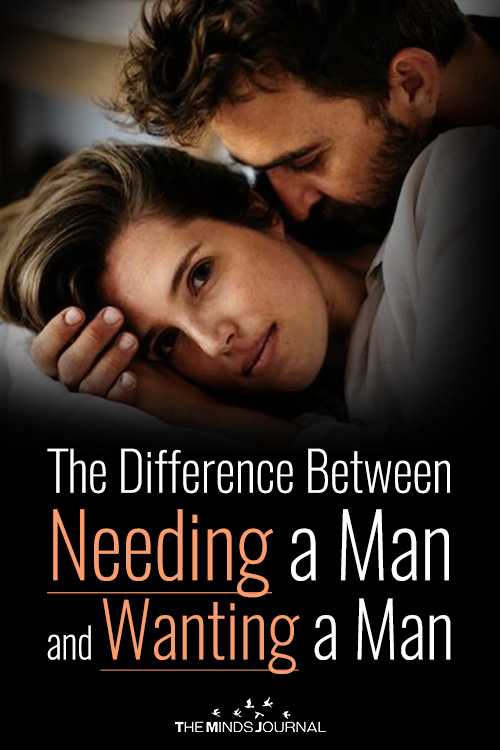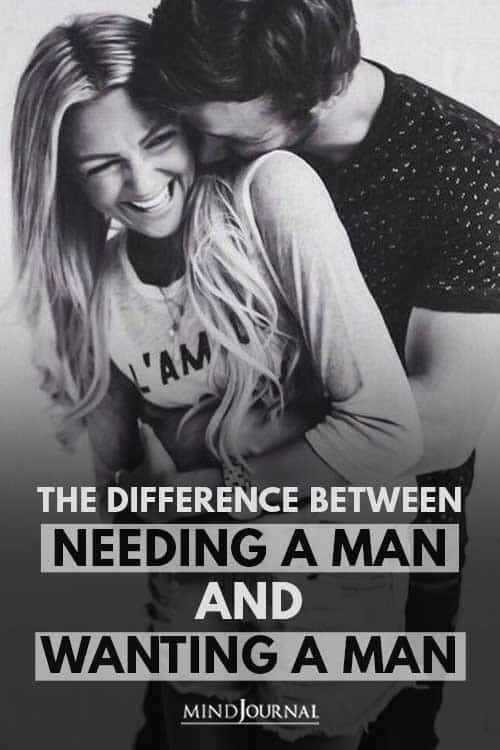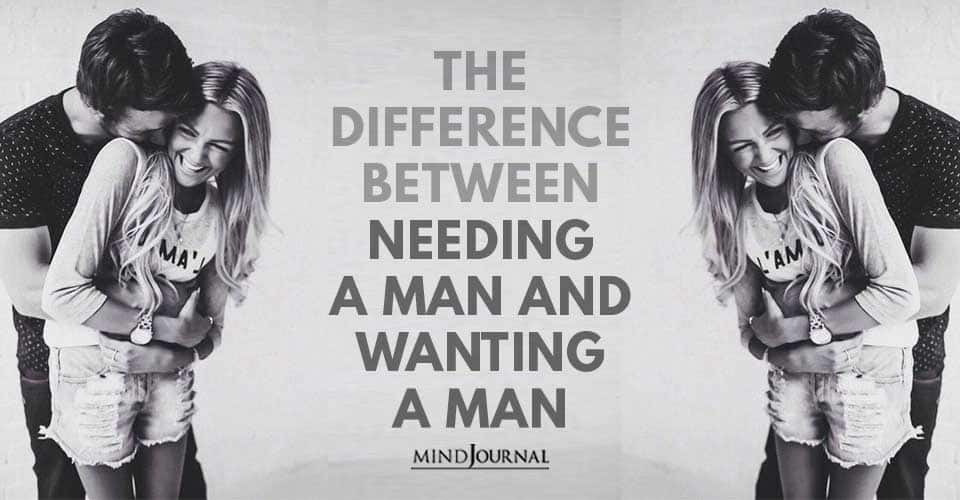When it comes to love, relationships and marriage, there is a huge difference between needing a man and wanting a man in your life.
Easy as it seems, it wasn’t really that easy on my part even though I was the one to break up our wedding 2 months before The Day.
I was called names, cursed, derided, reprimanded for breaking up with the man who loved me and who, I claimed to love.
Nobody asked me, what was the reason.
Nobody asked me if I too cried.
Nobody asked me why a girl who fiercely loved a man could move out when he was marrying her.
Nobody could fathom the trauma I went through myself,
Nobody could understand what it felt to have your bridal dress locked up in your closet and you may not know whether you will be wearing it again.
Those beautiful accessories, honeymoon tickets, those dreams of having a family was aborted before they could see the light of this world.
For the following six months, there wasn’t a single night I didn’t cry. Even now as I write this, a teardrop sparkles on my finger-nail. Our brains aren’t computers. Memories can’t be deleted or replaced. The man I loved so much, the man I was going to marry, well, let’s call him X, cannot be replaced by the guy I am dating now ( let’s call him Y).
Related: 15 Differences Between the Boy you Date and the Man you Marry
Why did I break away from my marriage?

Well, this ‘why’s is perhaps one of the reasons of understanding the difference between needing a man and wanting a man.
Like I said earlier, it wasn’t easy because I loved him and perhaps I still do too. But being in love is different from being in a relationship or getting married.
Ours was a fairy-tale, well at least for a shorter period, but yes, it was. A direct marriage proposal after a few days of hanging out together, not in public but in isolated areas, lakes, long walks, and hours of phone calls seemed enough for us to feel that our vibrations matched, that we could understand each other.
Related: 11 Ways You Know You’re With A Good Man
And that was it! We decided to be with each other, for eternity. We declared the news to our family and peers and I stepped into my final days of ‘spinsterhood.’ I was no more this careless girl with no added responsibility.
I was engaged to X and eventually, X came with his long list of peers who were not present or at least invisible when we walked for hours, when we talked for hours, reflecting on our philosophies of life, reflecting on our ideologies of life, reflecting on our dreams and future plans.
Not that their philosophies and dreams matched with X but they seemed to have an equal right over me, my career choices and my body.
‘Always tie your hair,’ his mother told me. The obedient son who is clever enough to hide his own secrets from his mother made it sure that I always do it.
‘Don’t run. You are going to be a bride.’
‘Don’t wear this. Don’t wear that.’
These were not just pieces of advice but rather, orders.
And I questioned myself: How much do I need X? How much do I want X?

I did need him then and I did want him. I was deeply in love with him.
But the situation got worse.
He made sure I followed orders and I started wondering whether he had taken permission from his peers when he would meet me, whether he had asked about their perceptions and philosophies when he wanted to meet me and talk to me.
I could never remain as a trophy-girl.
When I tried to tell him how much I needed him, he dodged it.
Yes, I did want him.
But that needed to be reciprocated too. He wanted me too, as his trophy-girl, governed by him and his peers.
Now, the other point! I needed him. But was he there for me?
No. He wasn’t definitely there for me. Else, he would have understood that I am an individual, and changing one’s marital status cannot change one’s identity.
I as an individual have every right to determine how should I dress and how should I walk.
Literally tried to compromise before I felt I was losing myself; I tried to adjust before I felt I couldn’t do it anymore.
And then, I called it off.
Related: The Difference Between Needing, Wanting And Loving Somebody

I still wanted him but there wasn’t any need simply because there wasn’t any reciprocation.
It’s okay to want a man but ‘needing a man’ is what that determines our relationships. This ‘need’ is not a one-way process. This need is reciprocation.
You love me but I am yet to figure out this ‘needing’ part. It’s about how much we need our men and how much they understand our needs. That’s when it clicks. It’s our choice to decide.

Else, it’s always okay to break away and stay single for a while, get some solitude of your own. There’s no harm in it. There’s no dearth of nice men on this earth too. So, choose wisely.











Leave a Reply